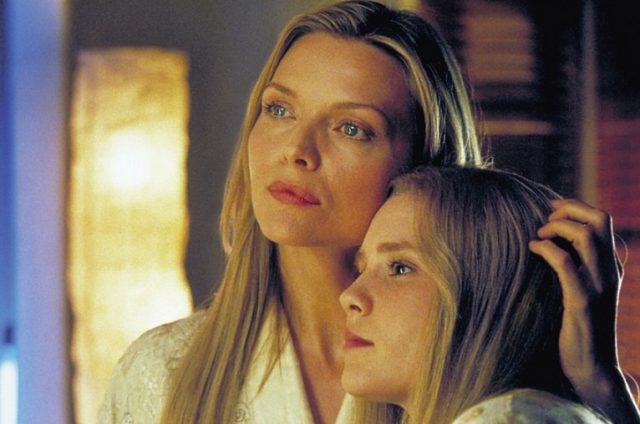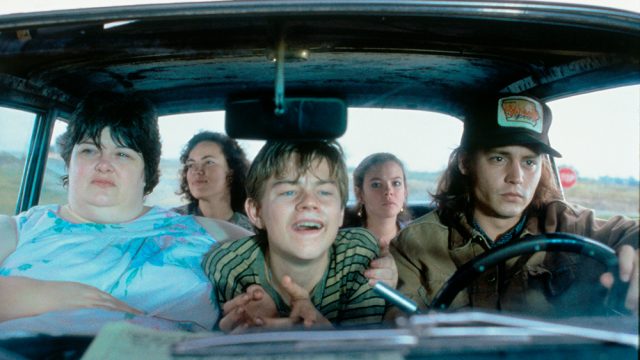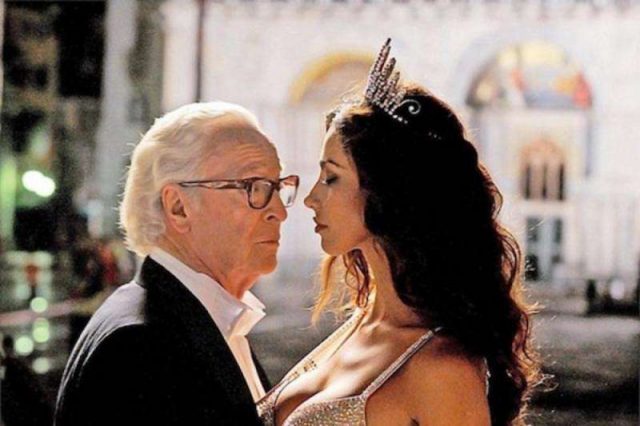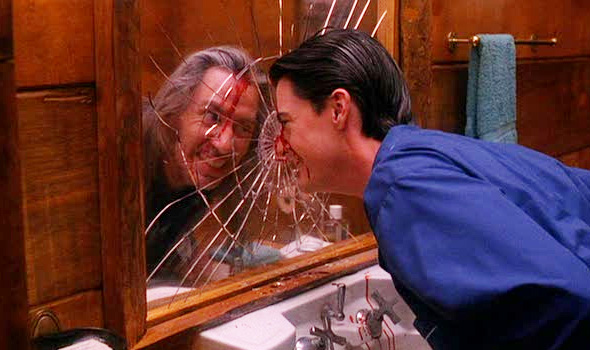Every year we look at the calendar and say, “It’s just a number” as we blow out the candles on the cake. So why do some peers feel older than their years, while others remain “eternal young people”? We found out what is associated with distorted age perception.
sense of independence

When we are children, we rejoice about our birthdays and dream of growing up as soon as possible. After all, you won’t need to go to school and listen to your parents and teachers. At the same time, the prospects for the future are always bright: someone dreams of becoming an astronaut, someone a ballerina, and someone a president. Everything seems possible. Sometimes this feeling of inattention remains for a long time, even for life. True, “Peter Pan syndrome” manifests itself differently in everyone.
If a child grew up in greenhouse conditions, he may constantly look for partners who perform the function of a protective parent. This childish state stems from the fear of taking responsibility. The adult world seems full of danger. For example, an adult man will live with his mother and play computer games. In fact, his life has not changed at all.
The other extreme: a person enters adulthood very early, experiencing blows of fate. It’s just that the conditions in the family were such that they had to support sick parents, for example. The child then had to “put aside” childhood and assume the function of an adult. In such families, since children are bored with their peers, they instinctively turn to people who are older than themselves and who can share their interests.
Degree of application

The sense of age is also related to one’s impact on the world. If “eternal children” wait for a good moment to come, then more “adults” create happiness with their own hands. The more responsibility a person takes for himself and others, the “older” he becomes.
Meanwhile, a number of studies on this topic confirm that people who feel and look younger than their peers are healthier and, accordingly, live longer. Feeling young is associated with life satisfaction.
At the same time, “eternal children” often have a strong emotional and financial dependence on their parents. Hence the problems with personal boundaries. Instead of “moving on with their lives,” they may blame their families for the traumas they experienced in their childhood.
Those who are older in subjective age are actually more independent, but they are also afraid of the fear of death. The feeling of lost youth creates a feeling of dissatisfaction. This is where the desire to communicate with young people, dress and talk like them comes from. At the same time, as a rule, they often help their parents, take on many projects and go to all kinds of events.
social factor

Surprisingly, in a number of gerontological studies, sociologists and psychologists note that the older one gets, the younger one feels. Thus, those in their forties feel 20 years younger, and those in their eighties feel almost 30 years younger. This is the trend of recent years. Moreover, it is largely linked to the development of aesthetic medicine. Thanks to beauty injections, quality skin care and cosmetics, people are generally starting to look much younger than their ancestors.
The discrepancy between real and subjective age is explained by a social factor. In order to live an interesting life, people should not go outside the active group represented by young people. This is the reason for the natural psychological distance from older people. On the contrary, negative environment, workload and family problems make people age visually and mentally.
There is another explanation. You’ve probably noticed that time flows slower when you’re a child, but at the speed of light when you’re an adult. The thing is that in youth the brain is more plastic, children learn many new and different skills. The knowledge acquired in adulthood is used, but there is often no time to learn new things. The more eventful life, travel, acquaintances and knowledge, the slower time flows for a person.
Source: People Talk
Errol Villanueva is an author and lifestyle journalist who writes for The Fashion Vibes. With a passion for exploring the latest trends in fashion, food, travel, and wellness, Errol’s articles are a must-read for anyone interested in living a stylish and fulfilling life.





